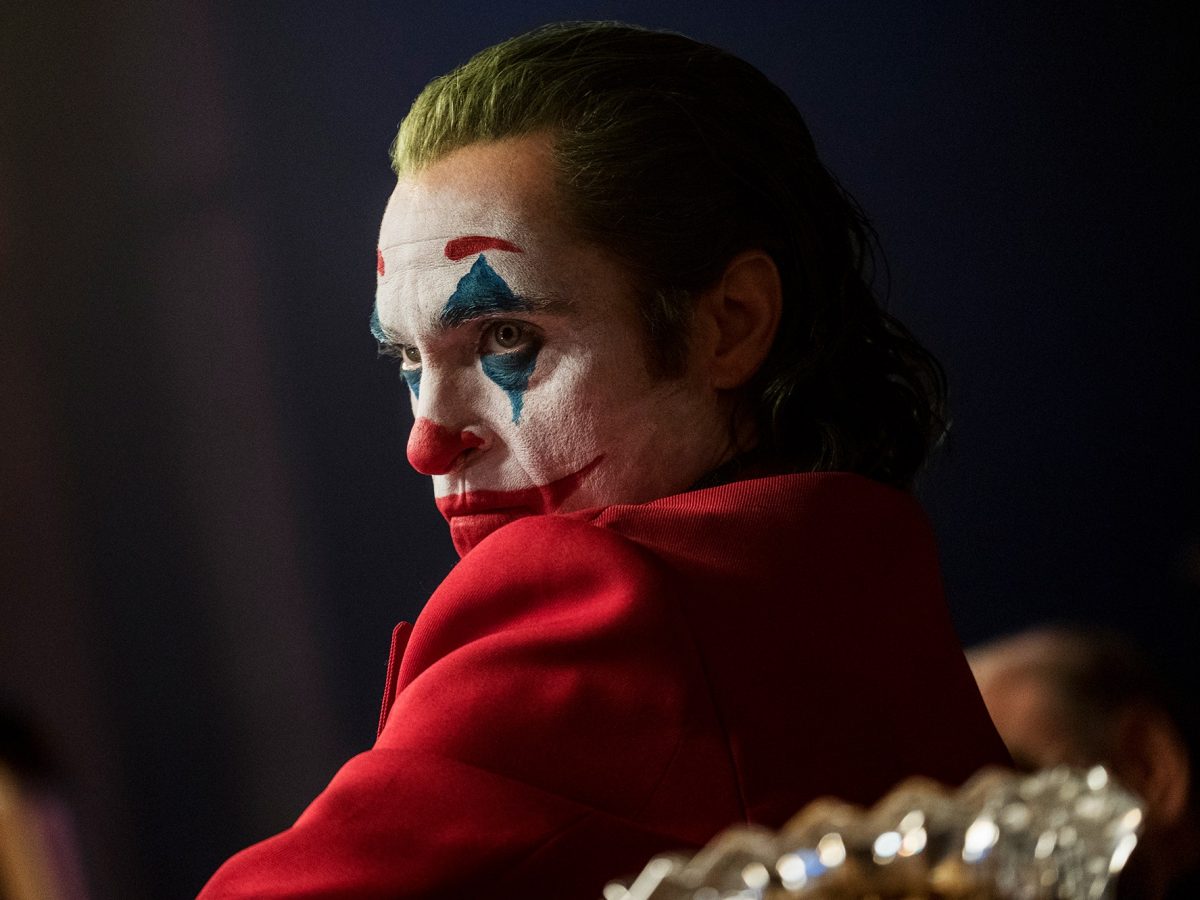Few films have ever managed the cultural impact that Todd Phillips’ Joker had on the world back in 2019. Joaquin Phoenix’s turn as the iconic Batman villain stepped out of the shadow of Heath Ledger’s towering take on the character from 2008’s The Dark Knight, and doing so, did something extraordinary—creating a commercial and critical hit that won nearly all the top awards and created a touchpoint that we all seemed to understand, even if our explanations didn’t match.
The film forges its own path by reimagining the character as the beaten down Arthur Fleck, a man in desperate need of help who never receives it, and in passing his breaking point, becomes a terrible force.
Watching the film again at the Dubai Opera, accompanied by a live orchestra playing composer Hildur Guðnadóttir’s award-winning score, the film has lost none of its power, and in fact gained some it may not have had before, as the simple story of what becomes of a person in a world without compassion becomes a growing concern in our own, in which mass suffering and callous indifference hold each other’s hands tighter than ever.

Joker is a harrowing film, bringing audiences through Fleck’s painful emotional struggle, making each cruelty laid upon the character nearly unbearably vivid, due mostly to Phoenix’s commanding and committed performance.
While the music is, of course, the key draw to seeing the film at Dubai Opera, the orchestra’s presence does not overwhelm the film, instead merely heightening every emotion however painful or tense, italicizing each of Phoenix’s movements. Perhaps the most thought-provoking part of the experience is in looking around at a packed theater and seeing people from different corners of the world flocking to a two-year-old film they have all likely seen before, just as engrossed as ever.
Why does Joker resonate with so many, regardless of where they walk in life? Why did the film become a cultural shorthand that all could understand, an easy symbol of our own social alienation, frustration with the status quo, and yearning for something more?

One key thing I myself have had to accept is that while this film may be called Joker, there’s little about this character that resembles any previous iteration of the character we’ve seen across film, cartoons and comic books. This is not the Batman villain we know. He’s not smart, he’s not conniving, there’s no mystery to him waiting to be discovered. Phoenix’s Joker is not a criminal mastermind, nor by the end is he a man who seems he could ever be one.
No, Phoenix’s Joker is simply a man, perhaps one who is only extreme in his inability to shield himself from the cruelties of the world, who in his transformation doesn’t become the Joker we know, but instead becomes a man able to see clearly the perspective of the Joker we know from the Dark Knight, to see a point in which the rules of society no longer have much sense to them if they can leave him and people like him behind.

That’s what the film is really about—it is not about our yearning for evil, it’s not about painting violence as the only answer for how to overcome the world’s shortcomings. Instead, it’s a call for broad empathy, and a desire to be seen and heard, a demand for honesty, and a warning on what can become of any of us if we’re pushed too far, if we lack the love and support we need from society and the world around us. It’s a simple film whose simplicity and seeming shallowness allow us to add our own depth.
Joker is a satire of the absurdity of our world told without humor, an anti-joke with a punchline stings long after the joke is done being told. It feels like a threat, because it is one. The threat is not violence, though. It’s broader than that—it’s the threat of nihilism.
We all have a breaking point at which we will stop believing in anything at all. There are forces in the world that are pushing us there, that want us not to care. What are we going to do to stop it? And what can we do for others? We know what Arthur Fleck’s fate is. Is that the fate we want for ourselves?
Joker: Live In Concert is playing at the Dubai Opera on August 10 and 11. Get more information here.
Esquire now has a newsletter – sign up to get it sent straight to your inbox.
Want up-to-the-minute entertainment news and features? Just hit 'Like' on our Esquire Facebook page and 'Follow' on our @esquiremiddleeast Instagram and Twitter account.



